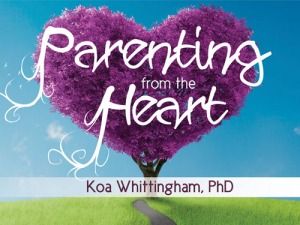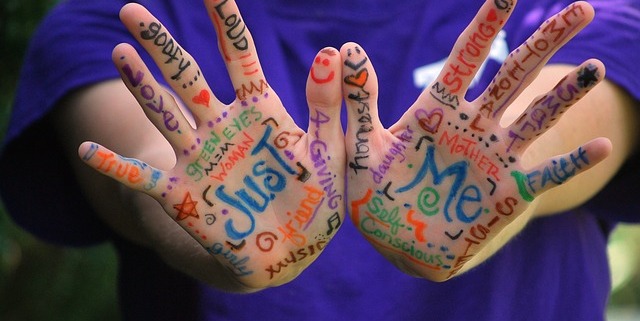Labels are double-edged swords
Labels are double-edged swords.
Smart. Autistic. Sensitive. Athletic. Slow. Homosexual. Female. Depressed. Disabled. Emotional. Advanced. Beautiful. Anxious. Straight. Introverted. Charming. Hyper. Macho. ADHD. Cute. Difficult.
I could go on and on. There are so many words that we can use to describe ourselves and other people.
On the one hand, these words can be incredibly useful. It can be helpful to label your child (or yourself). Through labels, you can connect with others in a similar situation or with a similar history and learn from their experiences or find out what has been shown to work for families that are in some ways like your own. Labels can even be used to unite individuals to fight for specific rights. Finding a label that ‘fits’, whether that label ‘fits’ your child or yourself, can be a huge relief. It can be normalising and liberating. It can mean learning that you are not alone.
However, labels can become prisons. We can get stuck within the words that we use to describe ourselves and we can be blinded by the words that we use to describe our children. We can also become so attached to the labels that we can be willing to narrow our lives in order to defend our words. We need to learn to hold labels, even the labels that ‘fit’, lightly and gently. Within acceptance and commitment therapy (ACT), holding words lightly and gently is called defusion.
Imagine someone wrote down a big list of all of the words that you’ve used to describe your child.
Would that list be your child?
Could you care for the list?
Would you love the list?
And would someone who’s never met your child, in reading that list, actually know your child as fully as you do?
Even if every word on the list is ‘true’, even if every label perfectly ‘fits’, isn’t it the case that no words can fully capture the complexity of your child?
Isn’t it the case that, unlike the list, your child is dynamic, growing and changing at every moment, sometimes in ways that you can predict, and sometimes in surprising ways?
Or imagine a list of all of the words that you’ve ever used to describe yourself.
Would that list be you?
Would your child or your partner or your friends love the list?
And would someone who’s never met you, in reading that list, actually know you as fully as your closest friends?
Even if every word on the list is ‘true’, even if every label perfectly ‘fits’, isn’t it the case that no words can fully capture the complexity of you?
Isn’t it the case that, unlike the list, you are dynamic, growing and changing at every moment, sometimes in ways that you can predict, and sometimes in surprising ways?
Apply it in your life: Notice when labels are useful and notice when they are not. Hold the labels lightly, even the ones that ‘fit’.






Leave a Reply
Want to join the discussion?Feel free to contribute!